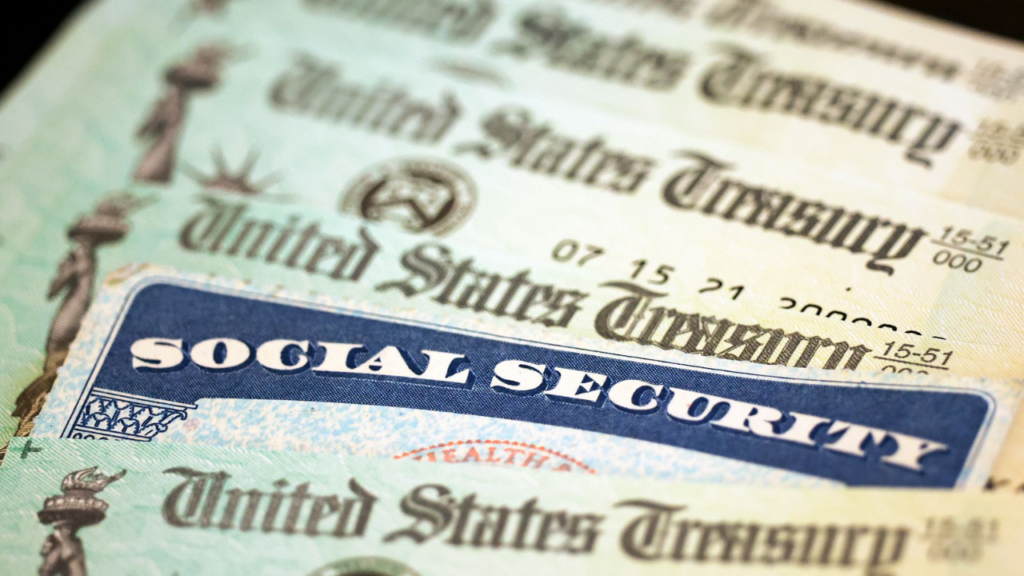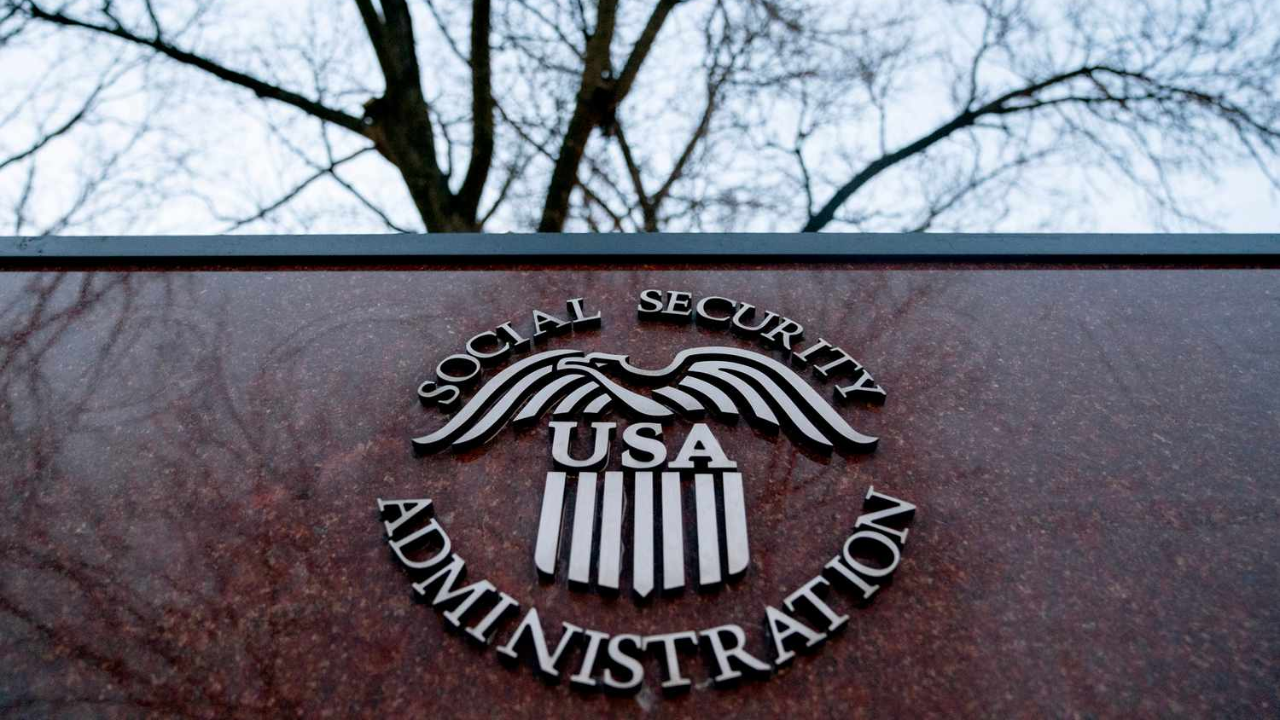A major relief has arrived for nearly 2.8 million Americans, thanks to the recently enacted Social Security Fairness Act. After years of protests, petitions, and political debates, this landmark legislation is finally in effect—and it’s already putting money back into the hands of people who felt left out by the system for far too long.
The law, passed in late 2024, officially took effect retroactively from January 1, 2024. Since February 2025, impacted beneficiaries have begun receiving retroactive payments, and most saw increased monthly deposits by April, covering March benefits. This rollback is not just about numbers—it’s a long-awaited correction of a system many considered unfair to begin with.
Who’s Benefiting?
This new law mainly helps public sector retirees—people who dedicated their careers to service but were previously caught in a loophole that unfairly reduced or eliminated their Social Security benefits.
Here are the key groups now seeing a positive change:
- State and local teachers in states where their jobs weren’t covered by Social Security
- Police officers and firefighters receiving non-covered public pensions
- Federal retirees under the CSRS (Civil Service Retirement System)
- Workers with foreign pension systems that previously triggered offsets
- Spouses or widows of affected workers who lost survivor benefits due to GPO rules
It’s important to note that 72% of state and local workers are already covered by Social Security. So, this law specifically targets the remaining 28%—those who were left out due to the way the system was structured.
What Was the Issue?
The Windfall Elimination Provision (WEP) and Government Pension Offset (GPO) were the two controversial rules that caused this issue. They were created to prevent what the government saw as “double-dipping”—people collecting both a pension from a non-covered job and full Social Security benefits from other work.
But in reality, these rules slashed Social Security checks, sometimes cutting them by hundreds of dollars per month. In the worst cases, individuals who had paid into Social Security through other jobs got zero benefits just because they had a non-covered public pension.
For example, a retired teacher who had worked summers or part-time jobs covered under Social Security could still see their retirement check reduced by WEP. Meanwhile, their spouse’s survivor benefit could be eliminated under GPO. The frustration was immense, especially for those who felt they had played by the rules.
A Victory After Decades
For years, public workers and their unions pushed for change. Bills were introduced repeatedly in Congress but failed to pass—until now.
The Social Security Fairness Act completely repeals both WEP and GPO, giving public servants the same rights as other workers to claim their full benefits based on contributions made.
Now, instead of seeing their benefits slashed or wiped out, retirees are receiving full Social Security payments—some for the first time.
And it’s not just future payments: back payments are being issued as well. That means eligible individuals are getting lump sums that cover benefits dating back to January 2024.
What Does This Mean for Retirees?

For many, this law isn’t just a financial boost—it’s validation. It’s proof that their work mattered and that their years of service are finally being recognized fairly.
One retired police officer from California, who previously lost more than $400 a month due to WEP, shared that he “finally feels respected again.” A widow in Texas, whose husband was a firefighter, said the restored survivor benefits are helping her stay afloat amid rising living costs.
The SSA has started adjusting monthly benefit amounts for those affected and sending letters to explain the changes. Beneficiaries are urged to check their My Social Security accounts or speak with a local SSA office to see how their specific situation is impacted.
A Step Toward Fairness
This legislative shift is being hailed as a move toward equity in retirement. It reflects the idea that all workers—public or private—deserve fair treatment under Social Security.
Critics of WEP and GPO long argued that the formulas used to reduce benefits were outdated, confusing, and punitive. Even SSA staff have admitted that the rules were difficult to explain and often misunderstood by both workers and financial advisors.
By eliminating these provisions, the government is also simplifying the system, making it easier for retirees to understand what they’re entitled to.
Looking Ahead
As the rollout continues, more retirees are expected to see changes in their Social Security statements in the coming months. For those who believe they’re eligible but haven’t received updated payments yet, SSA encourages them to review their work history and contact the agency.
While some critics argue that the repeal may increase strain on the Social Security trust fund, supporters say that fairness outweighs budget concerns, especially for a group of workers who contributed in multiple ways.
The broader message? After years of delay, the government is finally addressing a long-standing wrong. And for 2.8 million Americans, justice has arrived—along with a larger check.






